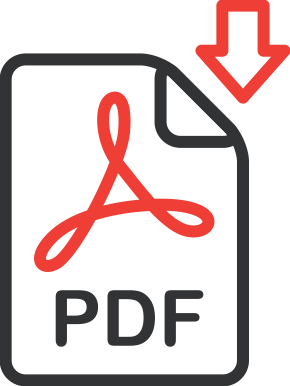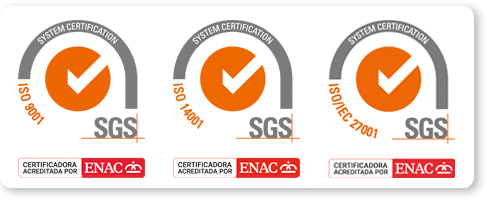
Category: Process Simulation Courses
Process Engineers are heavy users of simulation tools (Aspen HYSYS®, Aspen Plus®, Honeywell UniSim® etc.) to design new processes or revamps, and almost all simulation training courses are designed for them. On the other hand, there are almost no specific simulation courses targeted at process control engineers, who can make use of the simulation tools to perform specific control tasks with the help of a simulator.
This course is conceived with the following objectives in mind:
- Learn the basic use of a steady-state simulator and its uses into process control (gain calculation, property calculation, inferential development etc.).
- Given a steady state model, to be able to convert it to a dynamic model with the associated control loops (i.e.: distillation column).
- Given a dynamic model, to be able to change the control loops configuration to perform dynamic analysis.
- To make use of all the control features included in a dynamic simulator (i.e.: On/Off, PID, Feed-forward, split-range, selector, transfer function, etc.).
- To make use of the tools and tricks inside the dynamic simulator to carry out process control analysis.
- All the modules of the course are 100% practical in scope, and every attendee is individually uses the simulator individually in his/her own PC, it is a “learn by doing” course. The instructor will only spend 5-10 minutes at the beginning of every the module explaining the exercises contained in the manual of the course.
- All the modules are developed exploiting the same distillation column, which has been taken from a real column of an existing plant. In this way, real plant problems and constraints when attempting to simulate plant units are reproduced (lack of data or required detail or time etc.).



